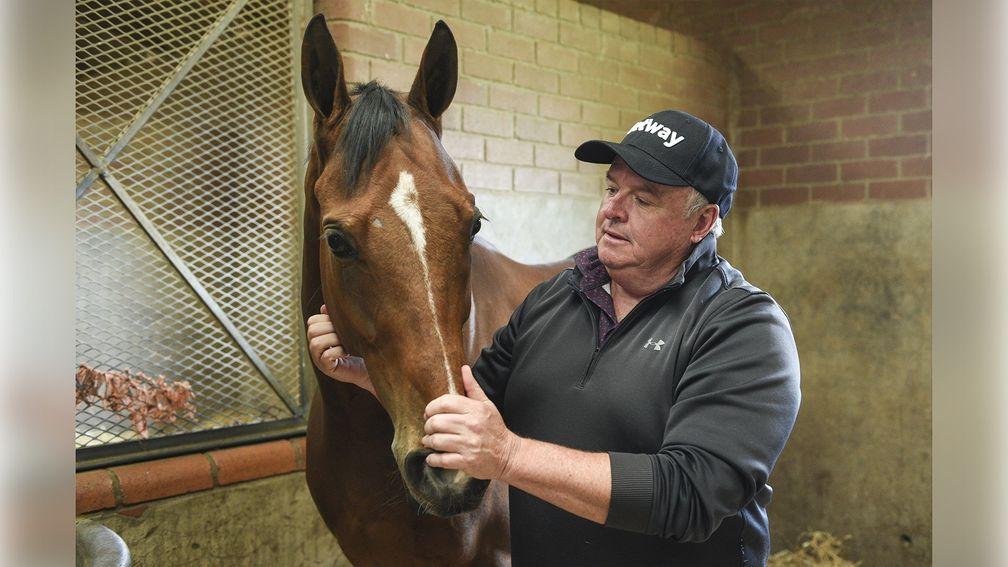How racing was nearly lost in a country still grappling with its grim past
Jonathan Harding with the first of a three-part series on racing in South Africa

The Apartheid Museum sits away from the bedlam of Johannesburg's city centre and not only documents a dark chapter in modern history but offers insight into many of the issues still plaguing South Africa.
It features distinctly marked turnstiles for whites and non-whites, although visitors are free to use both, and there is an exhibition of photos portraying the violence of the 1976 Soweto uprising. This is not for the faint-hearted. The protest, led by students, was met with extreme police brutality and hundreds of young people were killed.
The sprawling, densely populated township on the edge of the city was shaped by the policy of apartheid after 60,000 people were forcibly moved to Soweto in the 1950s. A vision for a new, unified nation was later cultivated there, most notably by Nelson Mandela, whose tiny red-brick house is a popular attraction on Vilakazi Street.
Read the full story
Read award-winning journalism from the best writers in racing, with exclusive news, interviews, columns, investigations, stable tours and subscriber-only emails.
Subscribe to unlock
- Racing Post digital newspaper (worth over £100 per month)
- Award-winning journalism from the best writers in racing
- Expert tips from the likes of Tom Segal and Paul Kealy
- Replays and results analysis from all UK and Irish racecourses
- Form study tools including the Pro Card and Horse Tracker
- Extensive archive of statistics covering horses, trainers, jockeys, owners, pedigree and sales data
Already a subscriber?Log in
Published on inFeatures
Last updated
- Captain Marvel: how a modern master of Cheltenham and a genuine pioneer executed one of the shocks of the year
- 'We’re delighted with how it's going' - joint-trainers prepare for exciting year after Flat string is doubled
- 'We’ve had to work hard this sales season' - Kennet Valley seeking to build on success with biggest string
- Alastair Down's archives: the great writer recalls Coneygree's glorious victory in the 2015 Cheltenham Gold Cup
- Kauto Star: the extraordinary talent who became the benchmark for sheer undiluted quality
- Captain Marvel: how a modern master of Cheltenham and a genuine pioneer executed one of the shocks of the year
- 'We’re delighted with how it's going' - joint-trainers prepare for exciting year after Flat string is doubled
- 'We’ve had to work hard this sales season' - Kennet Valley seeking to build on success with biggest string
- Alastair Down's archives: the great writer recalls Coneygree's glorious victory in the 2015 Cheltenham Gold Cup
- Kauto Star: the extraordinary talent who became the benchmark for sheer undiluted quality